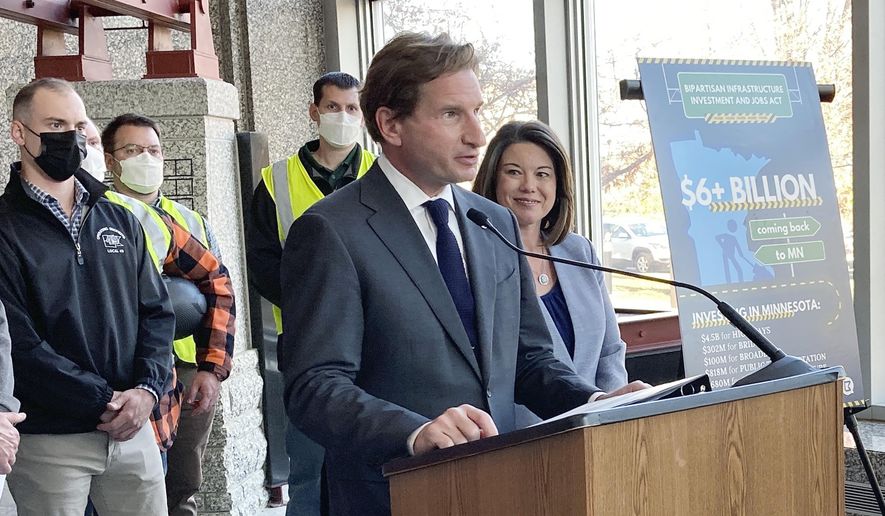A House GOP proposal to impose a three-term limit on committee leaders is splintering Democrats along lines of seniority.
Republicans are considering changing House rules if they win the upcoming midterms to limit the chairman and ranking members of committees to three-two-year terms each. The proposal would be an expansion of the internal term limits the House Republican Conference has had in place since 1995.
“Putting term limits on committee leadership ensures we’re putting the best players in these powerful positions every single term,” said Rep. Tim Burchett, Tennessee Republican. “Republicans have been doing this for years, but Democrats have been content to hand these roles to whichever members have been in Washington the longest.”
The change is just one of many House Republicans are eyeing if they take back the majority in November. GOP lawmakers have long argued that term limits help provide a diversity of viewpoints and prevent elected officials from becoming politically entrenched.
If implemented, the rules change would upend the longstanding hierarchy among House Democrats. Without any internal term limits, the top leadership roles on committees go to Democrats with the most seniority.
The top Democrat on the House Small Business Committee, for instance, has held the post since 1998. Similarly, the current chairman of the House Homeland Security Committee has been at the helm of the panel since 2005.
“Just because you have been in Congress for 30 years doesn’t mean you should be chairman,” said Mr. Burchett.
Some Democrats argue the current system allows lawmakers with a breadth of experience to play a pivotal role in crafting policy. They also note that it benefits rural and minority lawmakers, especially those from Republican states, who rely on seniority to deliver for their constituents.
“There’s a reason why one of the biggest opponents to term limits is the Congressional Black Caucus,” said a senior aide to Democratic leadership, who was granted anonymity to discuss the topic. “In most cases, it takes more than 10 years to become an effective legislator.”
The viewpoint is not shared uniformly among Democrats, however. Younger members, notably those elected within the last six years, say that term limits could bring in some much-needed new energy to Congress.
“High functioning organizations become so by building strong benches and limiting the tenure of leaders, usually [to] 10 years,” said Rep. Dean Phillips, a Minnesota Democrat elected to the House in 2019. “No matter which party controls Congress in 2023, we should adopt term limits for committee chairs and get serious about developing a new generation of leaders.”
The divisions underscore tensions that have long existed among rank-and-file House Democrats and their leadership.
House Speaker Nancy Pelosi, 82, secured her position in 2018 by pledging to only serve two terms. The California Democrat, has since reneged on the pledge by announcing her decision to run for reelection this year and continue leading her conference.
• Haris Alic can be reached at halic@washingtontimes.com.




Please read our comment policy before commenting.